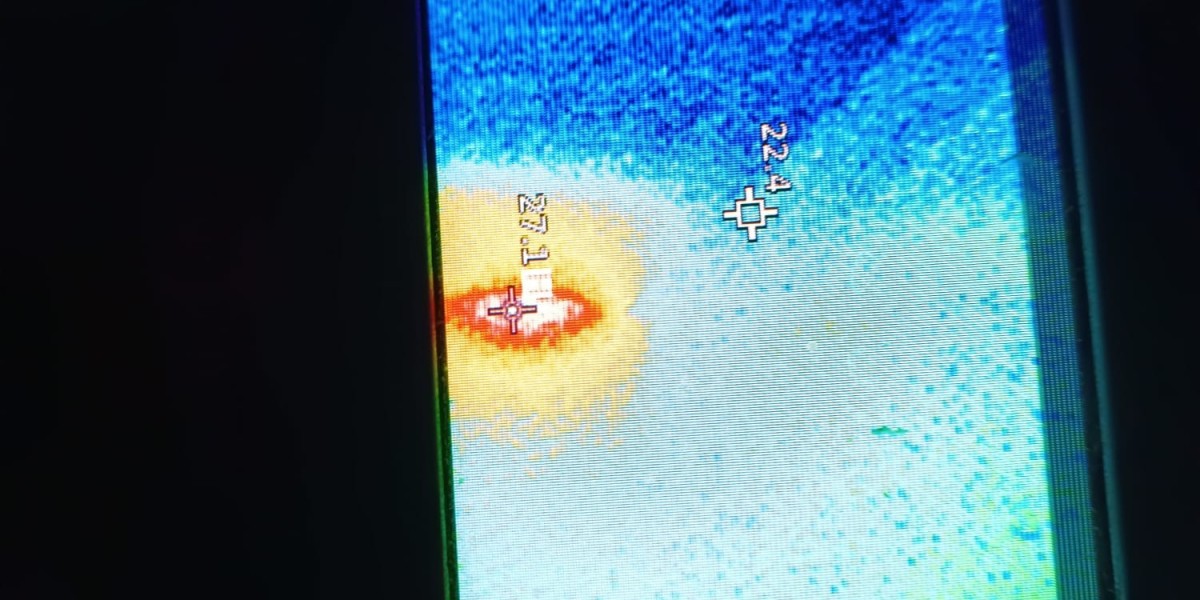Tumor Necrosis Factor (TNF) inhibitors are a class of drugs designed to interfere with the action of TNF-alpha, a cytokine that plays a key role in inflammation and immune system regulation. These inhibitors are primarily used to manage autoimmune diseases such as rheumatoid arthritis, psoriasis, Crohn's disease, and ankylosing spondylitis. By blocking TNF-alpha, these drugs help reduce inflammation, prevent joint damage, and improve the quality of life for patients.
Ready to elevate your business strategy? Our market research report provides an in-depth analysis of market trends, competitive dynamics, and emerging opportunities: Tumor Necrosis Factor Inhibitors Market
The Tumor Necrosis Factor Inhibitors Market has expanded considerably over the past decade, owing to advancements in biotechnology, increased awareness of autoimmune diseases, and the growing number of clinical trials investigating new TNF inhibitors. The market is characterized by a range of products, including monoclonal antibodies and soluble receptors, each with its own mechanism of action and therapeutic application.
Market Dynamics and Growth Drivers
Increasing Prevalence of Autoimmune Diseases: The rising incidence of autoimmune disorders globally is a significant driver for the TNF inhibitors market. Conditions such as rheumatoid arthritis, psoriasis, and Crohn's disease are becoming more common, leading to a higher demand for effective treatment options.
Advancements in Biotechnology: Continuous innovation in biotechnology has led to the development of more advanced and effective TNF inhibitors. New drugs with improved efficacy, safety profiles, and reduced side effects are constantly entering the market, contributing to its growth.
Rising Awareness and Early Diagnosis: Increased awareness of autoimmune diseases and advancements in diagnostic techniques have led to earlier diagnosis and treatment. This has resulted in a higher patient population receiving TNF inhibitor therapies.
Expanding Therapeutic Applications: TNF inhibitors are increasingly being explored for use in additional therapeutic areas beyond their traditional indications. Ongoing research is investigating their potential in treating other inflammatory conditions and chronic diseases.
Discover the strategic advantage of data-driven decision-making. Our market research report offers exhaustive insights into industry trends, key players, and market dynamics: Global TNF Alpha Inhibitors Market
Key Players in the Tumor Necrosis Factor Inhibitors Market
The Global TNF Alpha Inhibitors Market is dominated by several major pharmaceutical companies that have developed and commercialized TNF inhibitors. Key players in this market include:
AbbVie Inc.: Known for its blockbuster drug Humira (adalimumab), AbbVie has been a significant player in the TNF inhibitors market. Humira is used to treat a wide range of autoimmune diseases and remains one of the top-selling biologics globally.
Johnson & Johnson: With its drug Remicade (infliximab), Johnson & Johnson has established a strong presence in the TNF inhibitors market. Remicade is used for conditions such as rheumatoid arthritis and Crohn's disease.
Amgen Inc.: Amgen's drug Enbrel (etanercept) is another leading TNF inhibitor used to treat various autoimmune diseases. Enbrel has been a significant contributor to Amgen's success in this market.
Bristol-Myers Squibb: Bristol-Myers Squibb has also made substantial contributions to the TNF inhibitors market with its drug Orencia (abatacept), which is used for the treatment of rheumatoid arthritis and other inflammatory conditions.
Novartis International AG: Novartis offers Cosentyx (secukinumab), a newer TNF inhibitor that targets interleukin-17A but is part of the broader category of anti-inflammatory treatments, reflecting the evolving landscape of autoimmune disease management.
Gain the foresight you need to shape your business strategy and drive sustainable success: Tumor Necrosis Factor Inhibitor Drugs Market
Challenges and Restraints
Despite the growth and advancements in the TNF inhibitors market, several challenges and restraints impact its development:
High Cost of Treatment: TNF inhibitors are often expensive, making them less accessible to a significant portion of the patient population. The high cost of these drugs can limit their use and create financial burdens for patients and healthcare systems.
Adverse Effects and Safety Concerns: TNF inhibitors can have side effects, including increased susceptibility to infections and potential long-term health risks. Managing these risks requires careful monitoring and may limit the use of these drugs in certain patient populations.
Market Competition and Patent Expirations: The market faces intense competition among existing TNF inhibitors and the emergence of biosimilars. Patent expirations for some blockbuster TNF inhibitors have led to the introduction of lower-cost alternatives, impacting the revenue of original manufacturers.
Regulatory and Approval Challenges: Navigating the regulatory landscape for new TNF inhibitors can be complex and time-consuming. Obtaining approvals for new indications or formulations requires extensive clinical trials and regulatory scrutiny.
Stay ahead of the curve with actionable insights from our latest market research report. Uncover critical market trends, evaluate competitive strategies, and identify growth opportunities tailored to your industry: Tumor Necrosis Factor Inhibitors Market
Future Outlook and Trends
The Tumor Necrosis Factor Inhibitor Drugs Market is expected to continue its growth trajectory, driven by several factors:
Innovation and New Drug Development: Ongoing research and development efforts are likely to yield new TNF inhibitors with improved efficacy, safety profiles, and novel mechanisms of action. This innovation will further expand the therapeutic options available to patients.
Expansion into Emerging Markets: Increasing healthcare access and rising awareness in emerging markets present opportunities for market growth. Companies are likely to focus on expanding their presence in these regions to reach a broader patient base.
Combination Therapies: The development of combination therapies that integrate TNF inhibitors with other treatment modalities is expected to enhance treatment outcomes and address unmet medical needs in autoimmune diseases.
Personalized Medicine: Advances in genomics and personalized medicine may lead to more tailored treatment approaches, optimizing the use of TNF inhibitors based on individual patient profiles.
Conclusion
The Tumor Necrosis Factor Inhibitors Market continues to evolve, driven by advancements in biotechnology, increasing prevalence of autoimmune diseases, and a growing understanding of TNF inhibitors' therapeutic potential. Despite challenges related to cost, safety, and market competition, the future outlook for this market remains positive. As new innovations emerge and the global demand for effective treatments grows, the TNF inhibitors market is poised for continued growth and development, offering hope for improved management of autoimmune diseases and enhanced patient outcomes.
List of important reports
Anti Cancer Vaccine Market Size | Androgen Receptor Inhibitor Market | GnRH Receptor Antagonist Market | CDK4/6 Inhibitor Market Size | SERD Market Size | SERMS Market Size | AKT Inhibitor Market Size | Radioligand Therapies Market Size | B7-H3 Market Size | CYP17 Inhibitor Market | NTD AR Inhibitor Market | NRG fusion Market Size | AXL Receptor Tyrosine Kinase Inhibitors Market | PSMA-Targeted Therapy Market Size | EGFR Market Size | ALK Market Size | BRAF Market Size | ERBB 2 Receptor Antagonists Market | VEGFR-2 Inhibitor Market | Thymidine Phosphorylase Inhibitors Market | DNA Synthesis Inhibitor Market | CD223 Antigen Inhibitors Market







